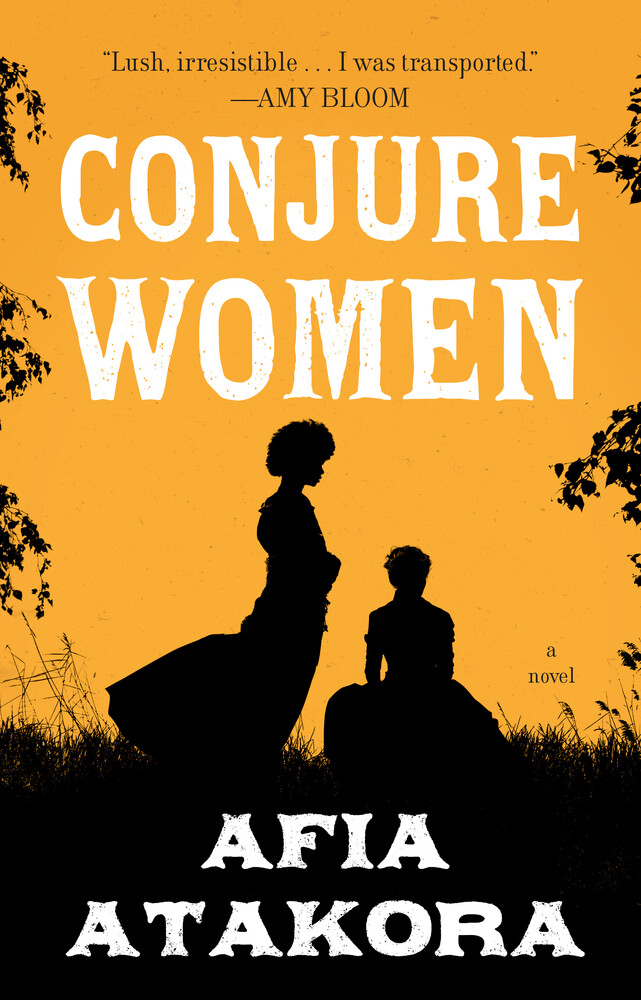


However, the first draft was written at a fever dream pace in about nine months (fittingly enough for a novel about childbirth). All told, it has been written over a three-year period. Q) How long have you been working on Conjure Women? Did it involve special research?Ī) Conjure Women began in 2014 as my thesis novel for an MFA in fiction at Columbia University.

I think that inner voice must have echoed through me into this novel. It asked: Is a shooting like a lynching? The voice wondered: What does it mean to be a woman, or a black woman, or a white woman? What does it mean to be a mother, or to not be, or to choose to not be? Are we on the right side of history? Can we ever be? I didn’t have an answer. The voice said we have never been more divided in this country. These last few years as I wrote this novel I tried to live in the past, to keep myself buried in books about the Civil War, but the tinny televised voice of a different kind of War snuck into my ear demanding that Black Lives Matter, questioning the purpose of a monument or a flag, or the right to kneel during a song. How would you describe it?Ī) In some ways I see Conjure Women as an allegorical Southern Gothic tale, the lesson of which is that our past isn’t as far back or as well buried as we want to believe. Penguin Random House spoke with author Afia Atakora about her novel Conjure Women, a dazzling debut that sweeps across eras and generations to tell the story of a mother and daughter with a shared talent for healing-and the conjuring of curses.


 0 kommentar(er)
0 kommentar(er)
